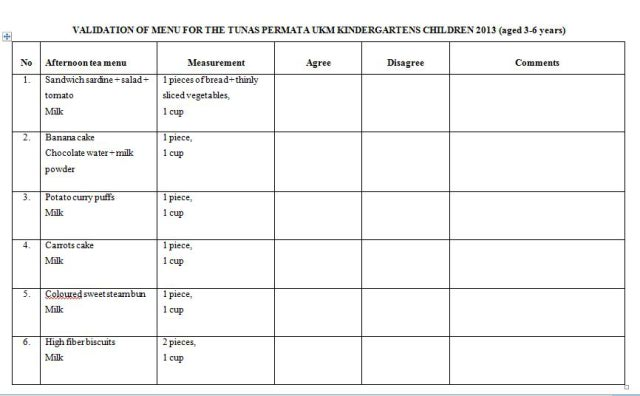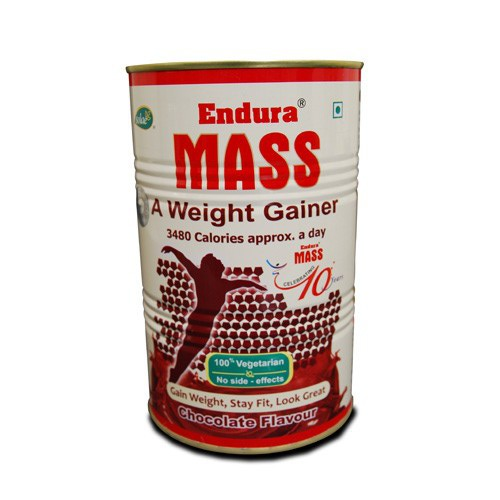Protein: Why Your Body Needs It
Protein is an essential nutrient that plays a crucial role in various bodily functions. It is involved in building and repairing tissues, producing hormones, enzymes, and other chemicals, and transporting oxygen and nutrients throughout the body. Here are some reasons why your body needs protein:
1. Building and Repairing Tissues:
Protein is necessary for the growth, repair, and maintenance of cells and tissues. It serves as the primary structural component of muscles, skin, hair, nails, bones, and organs.
2. Enzyme Production:
Proteins act as enzymes, which are catalysts that speed up chemical reactions in the body. Enzymes made of protein help digest food, produce energy, and facilitate numerous other biochemical processes.
3. Hormone Production:
Protein is essential for the synthesis of hormones, which are chemical messengers that regulate various body functions. Hormones made from protein include insulin, growth hormone, and thyroid hormone.
4. Oxygen and Nutrient Transport:
Proteins, such as hemoglobin in red blood cells, transport oxygen from the lungs to different tissues and organs. Other proteins transport nutrients, including lipids and vitamins, throughout the body.
5. Immune System Function:
Protein is crucial for a robust immune system. It is required for the production of antibodies, which are proteins that help fight infection and disease.
6. Muscle Mass:
Protein is necessary for building and maintaining muscle mass. Regular consumption of protein, combined with exercise, can help increase muscle strength and reduce age-related muscle loss.
7. Satiety and Appetite Regulation:
Protein can help you feel full and satisfied after meals, which may contribute to weight management. It can regulate appetite hormones, reducing the desire for excessive food intake.
8. Energy Production:
Protein can be used as an energy source when carbohydrate stores are depleted during intense physical activity or fasting. However, carbohydrates are the body's preferred energy source.
Recommended Protein Intake:
The recommended daily protein intake varies based on individual factors such as age, weight, activity level, and health conditions. A general guideline is to consume 0.8 grams of protein per kilogram of body weight daily. However, some individuals may require more or less protein depending on their specific needs.
It is essential to consume a variety of protein sources, including both animal and plant-based options. Animal-based proteins are typically complete, meaning they contain all nine essential amino acids that the body cannot synthesize. Plant-based proteins are often incomplete, lacking one or more essential amino acids. Therefore, a combination of different plant proteins throughout the day is necessary to ensure adequate intake of all essential amino acids.
Protein is a vital nutrient that plays a multifaceted role in maintaining optimal health and well-being. By meeting your daily protein requirements through a balanced diet, you can support various bodily functions and ensure the proper growth, repair, and function of your tissues, cells, and organs.
-
weight training diet
Questionhello i was told that inorder to gain 20 pounds of muscle
-
omega 3 oil
Questionwhere can a vegitarian get omega 3 oil? AnswerOmega 3 fa
-
VITAMIN B B6 B12
QuestionHI CAN YOU TELL ME WHAT HEALTHY VEGGIES OR OTHER FOODS AR
-
blueberries
QuestionIm 43 yrs old now. My mind is a little foggy so I joined
-
nutrional supplements
QuestionHi I am a 31 year old physical education teacher. I
-
Carbs and eating
QuestionHi. There are so many of you experts in this area,



